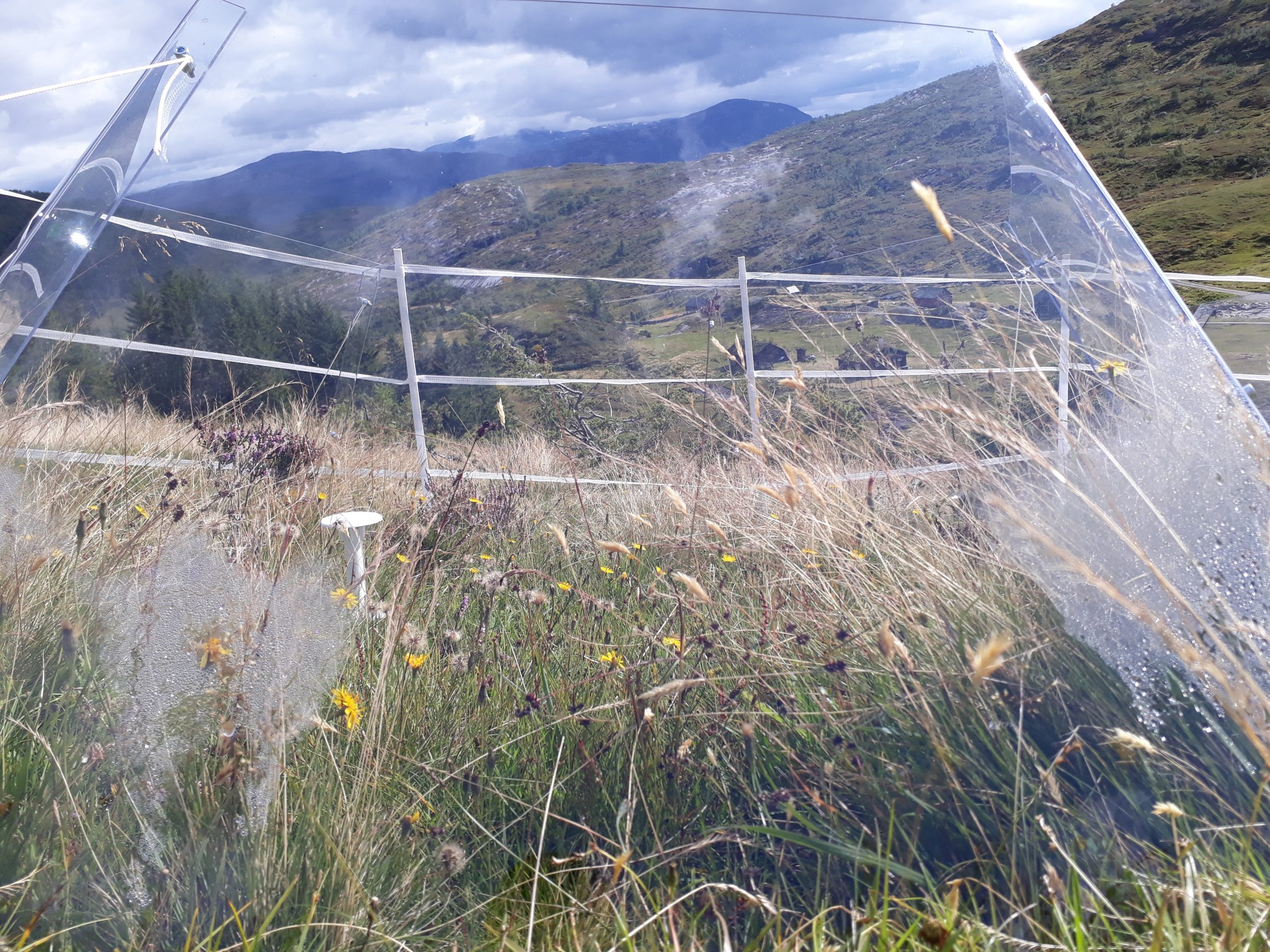Project background
As both native and exotic species shift their distributions in response to climate warming and through biological invasions, many expand their ranges across elevational gradients. This expansion results in the reassembly of ecological communities, which meditates the effects of climate warming on biodiversity and key ecosystem functions. RangeX is a multidisciplinary, replicated field and laboratory experiment being conducted in climatically and socio-ecologically contrasting regions (Switzerland, Norway, China, South Africa) that seeks to better understand these range shifts in mountain habitats. We focus on mountain ecosystems as an ideal model system to address our research questions. Mountains are themselves of crucial conservation value, as hotspots of biodiversity, refugia for biota threatened by climate warming, and as key global sources of water, food, and livelihoods, but are experiencing above-average rates of warming and increasing pressures from invasive species and development, making mountains priority areas for sustainability research.
Experimental design
RangeX field experiments comprise warming treatments, introduction and removal of key plant species, and intensive monitoring of soils, plants and pollinators across multiple elevations. By investigating novel biotic interactions both above and below ground, we aim to: (i) disentangle the drivers of range expansions; (ii) uncover the consequences of range-expanders on biodiversity and ecosystem functioning; and (iii) predict the extent and impacts of future range expansions. Location: montane and lowland grasslands near Voss, Norway.
Thesis proposal
Question: What are the key processes underlying success of range-expanding species?
Methods: This is part of a replicated field experiment currently being conducted in Norway, Switzerland, South Africa and China in which plant communities are “invaded” with native range-expanding species transplanted upwards from lower elevations. We have chosen ten plant species that share similar habitat requirements and upper elevation limits, but that vary in functional traits and in the magnitude of their range shifts following recent warming. Plants are transplanted in a control “within-range” site near their current upper elevation limit, and in a higher elevation “beyond-range” experimental site with an approximately 2°C lower average mean annual temperature (i.e., corresponding to the theoretical upward range expansion given predicted warming this century). Experimental manipulations are used to test variation in novel species’ establishment at the beyond-range site, including artificial warming (using open-top chambers – OTCs). During the experiment, we will monitor key vital rates (growth, survival and reproduction of transplanted seedlings) of the focal species in each treatment. We will use mixed-effects models to determine the contribution of each factor (dispersal limitation, plant-plant interactions, soil conditions, climate limitation) to establishment success (vital rates/population growth, estimated with integral projection models).
Opportunities
As a MSc student working within the RangeX project, you will:
• Do field work, and learn how to design and conduct ecological experiments, identify and measure plants and/or insect pollinators, manage and analyze ecological data, write it up as a thesis, and present your work in oral presentations within the team and at conferences.
• Be part of the ‘Between The Fjords’ lab group activities
• Be part of a large collaborative international research project, where you will participate in project meetings and workshops online and in person.
• Get to know and work with a cross-disciplinary group of researchers at different career stages, and see how your work relates to work on different functional groups and trophic levels.
• Be given opportunities to present your work at scientific conferences, and you will be supported in publishing your thesis as a scientific article.
We have listed multiple thesis options on this website, but if you have other suggestions, don’t be afraid to contact us and ask!
Contact information
Nathan.Phinney@uib.no
Vigdis.Vandvik@uib.no

